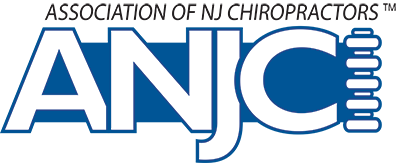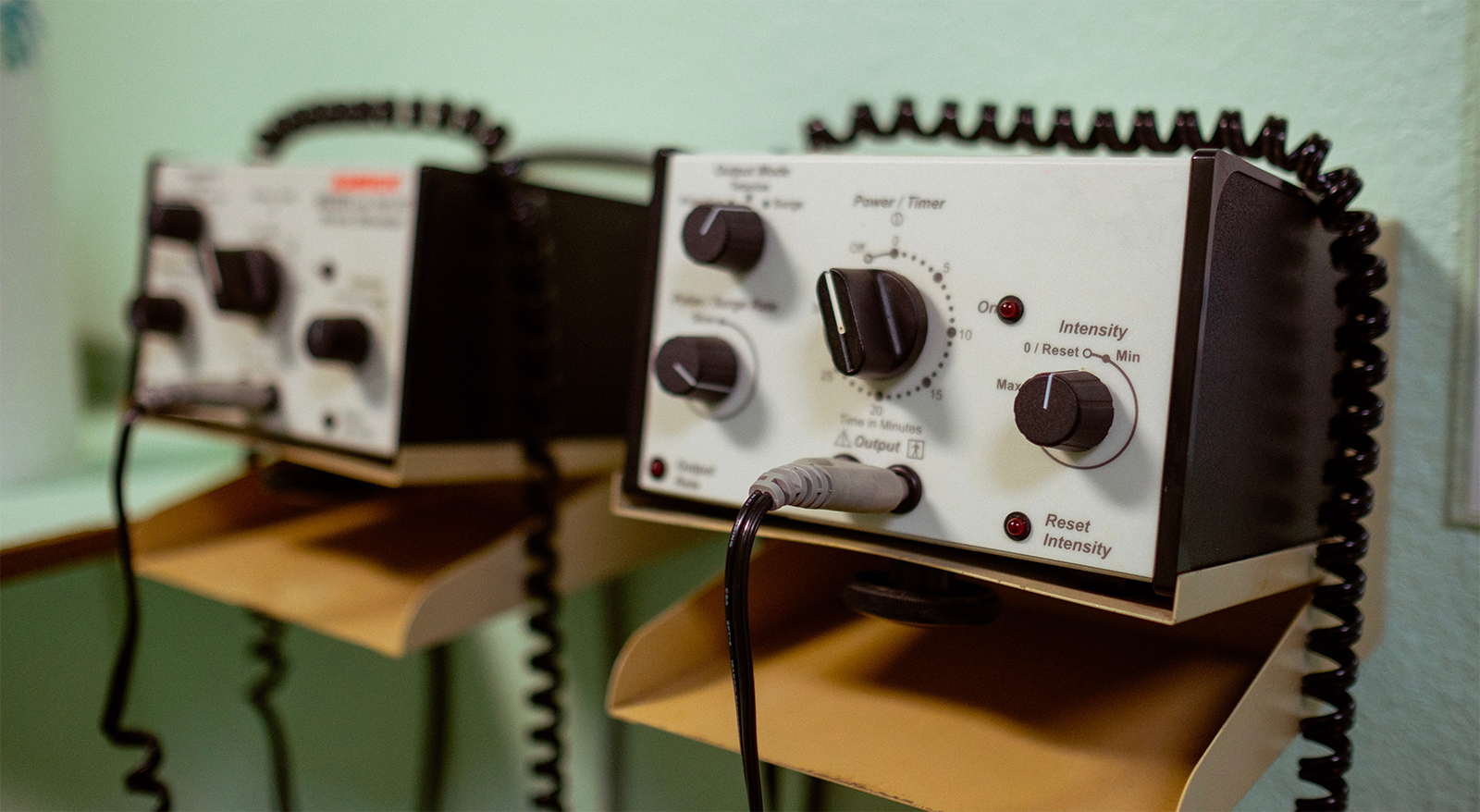By Jeffrey Randolph, Esq., ANJC Legal Counsel
Extracorporeal Shockwave Therapy (ECSWT) was first introduced into clinical practice in 1982 for the management of urologic conditions, namely urinary/kidney stone lithotripsy. Subsequently, ECSWT was studied in orthopedics, where it was identified that it could loosen the cement in total hip arthroplasty revisions. Further, animal studies conducted in the 1980s revealed that ECSWT could augment the bone-cement interface, enhance osteogenic response, and improve fracture healing. While shockwave therapy has been shown to benefit fracture healing, newer research has focused on upper and lower extremity tendinopathies, fasciopathies, and soft-tissue conditions that chiropractors treat on a daily basis.
In comparison to standard ultrasound waves, the shockwave peak pressure is approximately one thousand times greater than the peak pressure of an ultrasound wave. Therapeutic ultrasound utilizes high-frequency sound waves, while ECSWT utilizes lower-frequency waves. Ultrasound may produce either thermal or non-thermal effects in tissues, while ECSWT does not result in heating effects.
The effects of ECSWT treatment are unknown. However, the proposed mechanisms of action for ECSWT include the following: promote neovascularization at the tendon-bone junction, stimulate proliferation of tenocytes, and osteoprogenitor differentiation, increase leukocyte infiltration, and amplify growth factor and protein synthesis to stimulate collagen synthesis and tissue remodeling. Shockwave therapy is primarily used in the treatment of common musculoskeletal conditions. These include: upper and lower extremity tendinopathies; greater trochanteric pain syndrome; medial tibial stress syndrome; patellar tendinopathies; plantar fasciitis; adhesive capsulitis; and osteoarthritis, among others.
In New Jersey, the Board of Chiropractic Examiners has determined that ECSWT treatment of chiropractic conditions is within the chiropractic scope of practice, N.J.S.A. §45:9-14.5 et. seq. The Board Minutes of February 28, 2013, provide as follows:
“Jeffrey B. Randolph, Esq. wrote the Board on behalf of the Association of the New Jersey Chiropractors and inquired whether extracorporeal shock wave therapy was within the chiropractic scope of practice in the State of New Jersey. A motion was made by Dr. Senatore, which was seconded by Dr. Calio, to inform Mr. Randolph that extracorporeal shock wave therapy can be ordered and performed by a licensed chiropractic physician, provided it is being ordered and/or performed within the practice of chiropractic. A vote was taken, and the motion passed with all members present voting in favor.”
Thus, ECSWT is within the chiropractic scope of practice when utilized to treat a chiropractic condition such as soft-tissue tendinopathies or other appropriate conditions. The reimbursement for this modality varies amongst payors, and it is important to verify benefits that the modality is covered and check with your billing expert to determine the best CPT code to utilize.

The author of Legal Ease/Legal Q&A (Jeffrey Randolph, Esq.) is an independent person of the ANJC, and his views are not authorized, sponsored, or otherwise approved by the A.N.J.C. The information provided is for general guidance on matters of interest only and may not take into account particular facts relevant to your individual situation. The application and impact of laws and health care can vary widely based on the specific facts involved. Given the changing nature of laws, rules and regulations, there may be omissions or inaccuracies in information contained in these materials.
Accordingly, the information you receive is provided with the understanding that the author and the A.N.J.C. are not herein engaged in rendering legal, accounting, tax, health care or other professional advice and services nor are they providing specific advice with regard to your practice, the treatment of any specific illness, disease, deformity or condition, or any other matter that affects trade, commerce, or legal rights of others. As such, this article should not be used as a substitute for consultation with professional accounting, tax, legal, health care, or other competent advisers. Before making any decision or taking any action, you should consult an appropriately trained professional.

